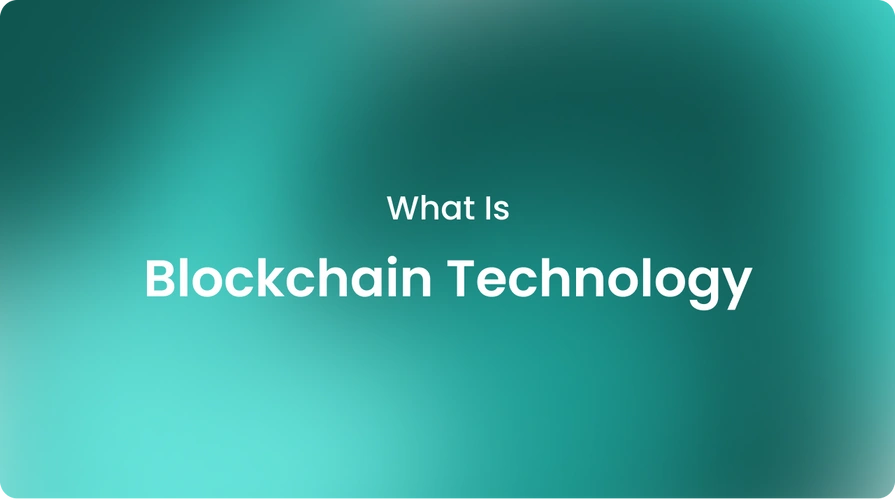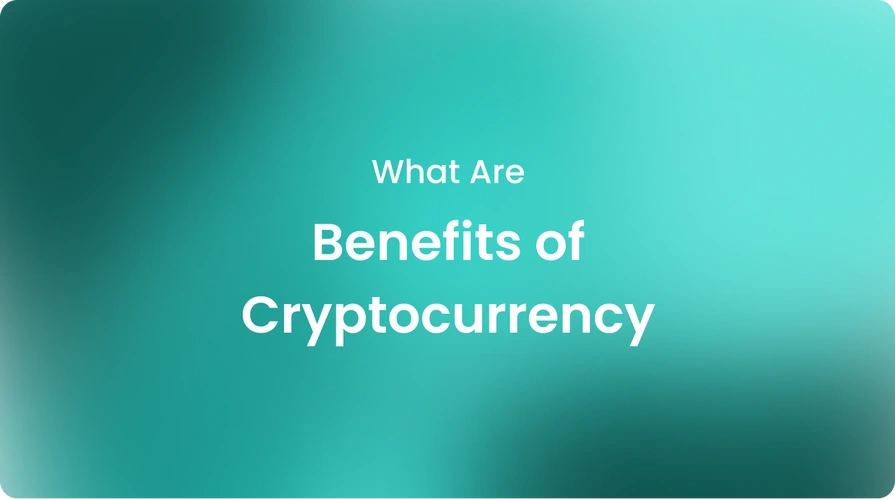|crypto, knowledgehub
What Is a Futures Contract?

Futures contracts have become an increasingly prominent part of the global financial landscape. As their usage and popularity expand, more individuals and organizations are entering this field. Let's take a closer look at what futures contracts are, how they work, and their various benefits!
The name "futures contract" derives from the fact that the parties make the transaction for the delivery of the underlying asset at a future date instead of immediately. When entering the contract, the parties establish the future date for exchange.
For example, in a wheat futures contract made in January, the parties may stipulate that they will deliver and receive 1,000 bushels of wheat in July. Let’s continue exploring!
How do futures contracts work?
Market price changes expose both parties to risk in a futures contract, but in opposite directions. For a futures contract example, if an investor expects the price of wheat to rise, they could buy a futures contract as a way to lock in today's price for wheat that won't be delivered until later.
Conversely, farmers may sell futures contracts as a way to guarantee a set price for their crops in the future, even if market prices drop by harvest.
As the expiration date approaches, positions close out through offsetting trades, causing the value of the contract to converge with the spot market price. Cryptobunq and its reliable issuers and integrated solutions help ensure productive harnessing of the opportunities presented by these contracts.
Cryptobunq is a one-stop-shop crypto service provider that offers secure crypto and blockchain solutions, from crypto exchange API to crypto checkout and invoicing. You can grow your business with the expertise of CBQ and with the integration of CBQ solutions into your projects!
What are the advantages and disadvantages of a futures contract?
Futures contracts provide several potential benefits. They allow businesses and individuals to hedge or mitigate the risk of price changes for underlying assets they use or produce. For example, farmers can protect themselves from drops in crop prices.
These contracts also enable efficient price discovery for commodities and stocks. Furthermore, futures in finance offer opportunities for profiting from anticipated price rises or falls through speculation.
Platforms that bring reliable security and transparency, like Cryptobunq, empower continued innovation using these powerful risk management instruments.
While futures hedging and speculation can be advantageous when used appropriately, there are also drawbacks. Contract holders face the risk that their price predictions are incorrect, exposing them to losses.
Leveraged futures trading with a margin amplifies both profits and losses compared to the actual asset. Regulatory oversight of futures exchanges also varies globally. And high transaction costs for smaller trades can diminish the benefits of hedging for some.
What are the four types of futures contracts?
The four primary types of futures contracts are:
Commodity futures
These relate to physical commodities like grains, metals, energy, and livestock.
Financial futures
They involve currencies, treasury bills, bonds, and stock market indices.
Index futures
As the name suggests, these are based on the value of a stock market or other type of index.
Interest rate futures
Banks and other institutions often use it to manage exposure to interest rate risk.
What is a futures contract an example of?
A futures contract example of a common wheat would be: In January, a miller agrees to buy 1,000 bushels of wheat from a farmer for $6 per bushel, with delivery and payment to take place in July.
This locks in the price for both parties prior to harvest. As expiration nears, they can unwind the position through an offsetting trade if desired.
Is a futures contract an agreement? Who writes and buys futures contracts?
Yes, a futures contract is considered a legal agreement between two parties to buy or sell an underlying asset at a predetermined price at a specified future date.
Regulated futures exchanges standardize and execute these future agreements to ensure contract performance. Default by either counterparty on delivery or payment obligations can result in penalties enforced by the exchange.
Futures exchanges write futures contracts and ensure adherence to specifications for the contract's parameters set by regulatory authorities like the Commodity Futures Trading Commission (CFTC) in the U.S.
The exchanges serve as intermediaries that facilitate trading and ensure the financial integrity of the markets. Participants in futures markets include farmers, manufacturers, banks, money managers, commodity producers, and merchants who buy futures for hedging commercial operations.
In addition, speculators actively trade futures contracts to profit from anticipated price changes, rather than for commercial reasons.
What is the difference between a contract and a futures contract?
The key difference is that a general contract is a legal agreement between parties, while a futures contract specifically refers to an exchange-traded derivative instrument for managing the price risk of commodities, currencies, stocks, and indexes.
Futures contracts are highly standardized, with stipulations around delivery months, quantities, and methods of settlement that ordinary contracts do not require.
What is the difference between a stock and a futures contract?
The primary difference between stock and futures contracts is that stocks represent ownership in a company, while futures contracts are agreements to buy or sell an underlying asset in the future at a preset price.
Stocks trade on equity exchanges, whereas futures trade on futures exchanges in standardized contracts with a seller and buyer. Company performance drives stock prices, while supply and demand factors for the underlying asset as well as interest rates drive futures prices.
Why buy futures instead of stocks?
Futures contracts allow investors to potentially profit from price moves in commodities, currencies, or indexes without needing to own the physical asset.
They also provide leverage, meaning a small move in the underlying asset results in a larger profit or loss percentage compared to stocks. However, open positions can also result in leveraged losses if prices move against them, increasing the risk.
What is the relationship between cryptocurrencies and futures contracts?
Futures contracts are financial agreements that allow crypto traders to buy or sell a crypto asset, such as coin or token, at a predetermined price at a specified future date.
They play a crucial role in the cryptocurrency space by providing hedging, speculation, liquidity provision, and regulatory oversight. They help mitigate the risk of adverse price movements in the volatile cryptocurrency market.
Additionally, futures contracts contribute to market liquidity by providing a standardized platform for crypto trading, enhancing market efficiency, and facilitating price discovery.
Furthermore, they enable speculation on future price movements, allowing traders to profit from price fluctuations without directly owning the underlying digital assets.
Regulators also consider the importance of monitoring futures markets to ensure fair crypto trading, detect market manipulation, and protect investors' interests.
Lastly, futures contracts facilitate their integration with traditional financial markets, allowing institutional investors to gain exposure to cryptocurrencies, enhancing their acceptance and adoption within the broader financial ecosystem.
The bottom line
Futures contracts have expanded access to global commodity, currency, and financial markets while providing risk management tools for hedging commercial activities, including the cryptocurrency ecosystem.
With careful trading and the right partners like Cryptobunq providing crypto banking services, futures remain an important fixture of modern decentralized finance. Their growth suggests they will play an even bigger role in the future. If you want to explore them securely, contact us today!













